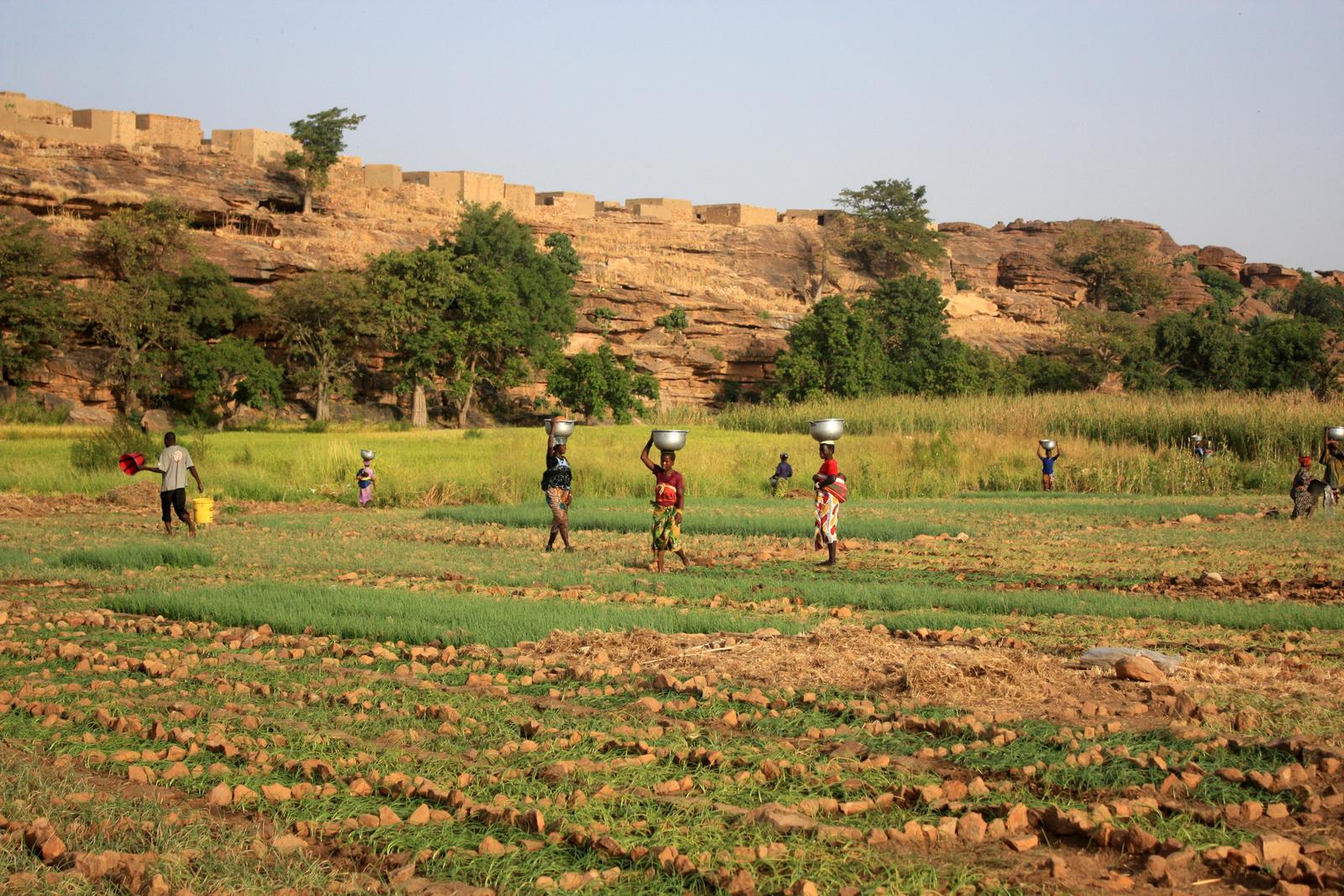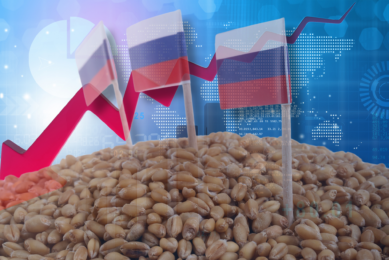Pat O’Leary’s passion for feeding the world

“We are in danger of running out of food, time and options. The solutions are there: innovation, consumer choice and globalisation. We have to act, otherwise we are committing a crime against humanity.”
By Roel Leferink
Patrick O’Leary, vice-president emerging markets of Elanco, is very passionate about the struggle to feed a growing world population, with extra demands due to increasing welfare issues. “Food security is about making safe, affordable and abundant food a reality. We need to achieve this at a time that is unprecedented. In 2050, the world population will be 9.3 billion. Currently, the world is growing by 6.3 million people every month! In 2050, 70% more food will be needed. And 70% of that production must come from efficiency improving technologies,” O’Leary highlighted. “And realise this: in the next few years 2 to 3 billion more people will have attained middle class status. We all know there is a historical relation between social status and the intake of meat, milk and eggs. We have to act now.”
What O’Leary finds even more disturbing, and this is where he really gets passionate, is the prevailing hunger and malnutrition around the world. “Hunger is the No.1 health problem in the world. Lack of food kills more people than war, AIDS, tuberculosis and malaria combined. Everyday 25,000 people die of hunger. That is a shocking statistic. Imagine those deaths were due to a plane crash or some other disaster, you can image the reaction. And yet death due to hunger continues. It is time to stand up and fight this!”
O’Leary is convinced that the goal of feeding so many more people, and still maintaining higher welfare standards, can be reached. He stresses three approaches for that solution. “First of all, it has to come from innovation. Look at the numbers from independent agencies: 9.3 billion people, a 70% increase of food production and 70% of that has to come from new technologies. It is simply the best case we have as an industry to innovate and provide the answers.”
The second pillar is: consumer choice. “Do consumers want technology, is the basic question. There’s a myth that the majority of people oppose technology in agriculture. Do countries, families or mothers base their decision to buy or not to buy food on technical reasons?” O’Leary asks. “According to the International Consumer Attitudes Study, 95% of people base their decision on taste, cost and nutrition. Another 4%, of what I call the ‘lifestyle buyer’ include things such as luxury, organic and local, in their decision process. And then there’s the ‘fringe’, the ‘protesters’, the ‘people of bans and restrictions’. They want to tell us what we can and can’t eat. It’s just 1%, small but important. They believe that they speak for the whole population, which is clearly not the case.”
Elanco’s vice-president couples both streams to the third: globalisation or the need for trade. “We must recognise that we are feeding a global market place, we must produce our food and be able to trade that beyond borders. The globalisation of the feed and food industry will increase in the coming years. Global imbalances will create increasing volatility. We need to address the structural constraints in trade: we have to respect and accept technology in the world, which is scientifically proven and traded globally.”
O’Leary gives an example of this combination of technology and export: “Argentina is, as we all know, a key player in the global food system. They have a vision that by 2020, they will feed 650 million people globally; of that 40 million will be in Argentina. Elanco has four technologies sent to the regulatory authorities. According to officials in Argentina, these four will collectively account for 20-30 million of that goal. The reason why these technologies are still in consideration is because they’re afraid of the European Union’s reaction and how that will impact their beef industry. So these are the challenges we face. The lack of access is not only preventing us from doing our work, but also denying people healthy food.”
He is eager to act, as he sees enormous paradoxes. “The sad part is that this is a great example of technology acceptance or lack thereof. The technologies in question are readily adopted in, for example, the United States. Yet the poorest nations in the world, because of where they look to as their reference point, won’t accept it. And they probably need these technologies more than the Americans, but still they refuse. Take GMO crops in India and parts of Africa. Huge resistance – sadly.”
O’Leary believes there is an answer and he calls on the industry: “We have to learn from the activists. We are in a noble business, and yet the one percent is defeating us more and more and I don’t understand why. What we need to do is understand why you do what you do. We have a moral obligation: 25,000 people die every day of hunger. We need to start acting with heart and passion, get away from the income statement, that’s just a set of metrics. I would like all of us in the business to contact those with influence. We have to be able to deal with innovation, choice and globalisation. We need to remove those barriers.” One more thing, O’Leary says: “Three years ago we were more concerned about sales and property, the capitalist perspective. Today, it is our duty to breakdown barriers and produce sustainable food. It is a daily battle but it goes beyond a paycheck. We need to start keeping score of our successes and pass them on; otherwise the 1% (activists) will continue to be with us.”











